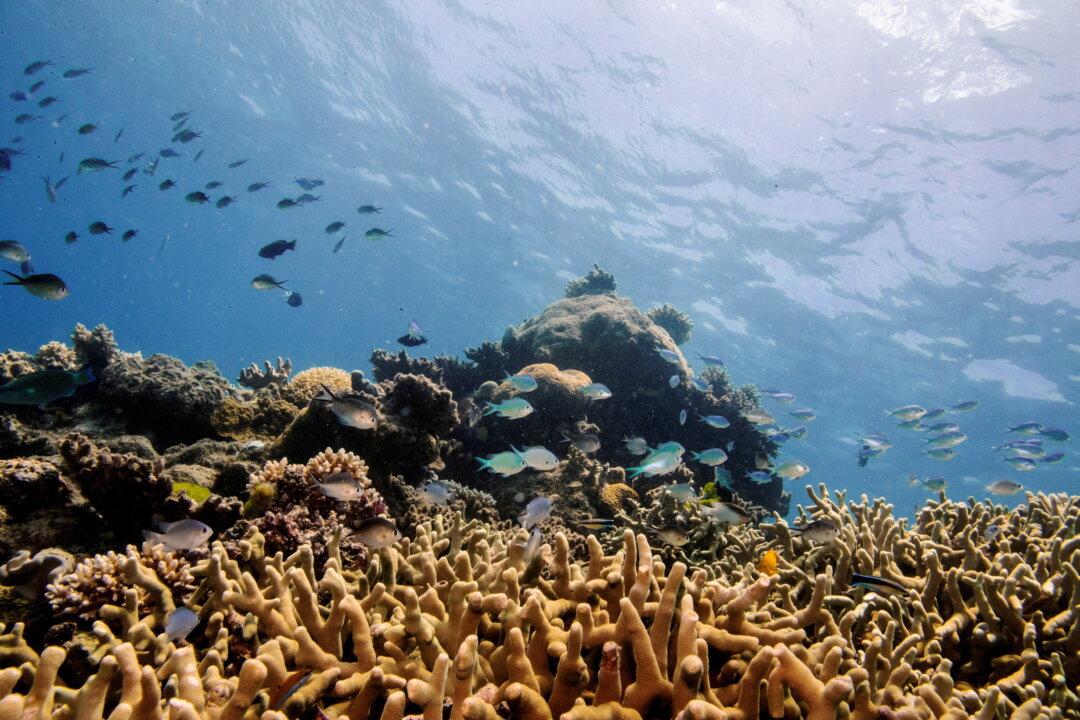The Great Barrier Reef will not be added to a list of World Heritage Sites that are “in danger” after a UN panel on Friday agreed to defer a vote until 2022 amid pushback from Australia.
The UNESCO World Heritage Committee was held virtually in the Chinese city of Fuzhou. The committee members agreed to an amendment that would require Australia to produce an updated report on the state of the reef by February 2022 when a vote could follow on whether to classify the site as in danger.





